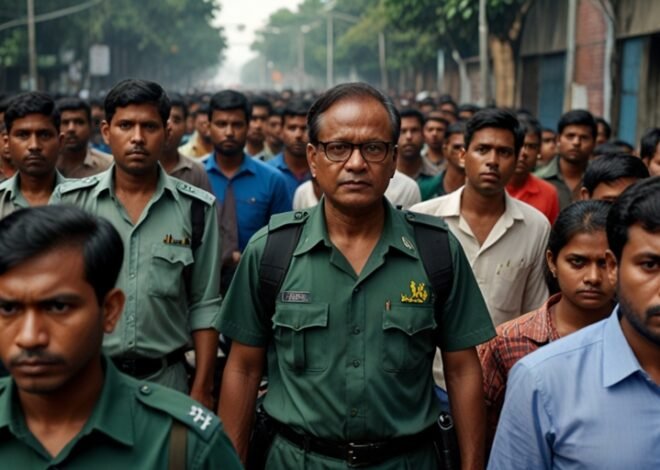
Trump Warns Hamas Over Hostages
The former President of the US, Donald Trump, in a strong message, warned the enemy that “all hell will break loose” if they do not release all hostages. The ultimatum was declared just after Hamas announced the postponement of the release of three Israeli captives because of alleged violations of the cessation of hostilities by the Israeli side. Such a development has put tensions on edge in the area and raised questions about the security of the ongoing truce between Israel and Hamas.
Hamas Spokesman Sami Abu Zuhri immediately discharged Trump’s threat by saying that he would not accept that kind of conversation and instead said, “There is no place for the language of threats.” He underlined that the captured people could only be released following the full implementation of the ceasefire conditions from both sides. Hamas argues that Israel has violated the ceasefire by obstructing the return of the evacuated Palestinians back to Gaza and by hindering the provision of humanitarian aid to the besieged enclave.
Currently, the ceasefire that has seen the exchange of hostages and the provision of relief by both sides is on the verge of collapse. Hamas accuses Israel of dawdling in responding to the return of the displaced Palestinians to Gaza and refusing to give aid to a region that has been completely ruined by the 15 months of conflict. The postponement of the release of hostages by the group has raised questions about how sustainable the fragile peace will be.
Trump’s interference has made matters more complicated in a volatile situation. Acknowledging that Israel is the ultimate decision-maker, the ex-president suggested the termination of the ceasefire agreement if hostages are not released by “Saturday 12 o’clock.” His comments have ignited a discussion on the potential implications of such an ultimatum and its effect on the current diplomatic efforts for peace in the area.
The Israeli government, with Benjamin Netanyahu serving as the Prime Minister, is under siege at both domestic and the international level. The hostage relatives have escalated their demonstrations by asking the government to take all measures required to gain the freedom of their loved ones. In the meantime, the international community is keenly observing the series of events in the hope of finding an end to the ongoing unresolved crisis in this region.
The loss of the hostages came about after the attack carried out by Hamas militants in Israel on October 7, 2023, when it was estimated that the death toll amounted to more than 1,100 people, apart from the missing people, of which the majority were women and children. The Israeli military has responded to Hamas affairs in Gaza by letting out thousands of casualties, as the health authorities in Gaza have informed. This conflict became the focus of a global scale, and people started to call for a long-lasting peace agreement.
With the escalation of tensions, the Israeli security cabinet held an extraordinary meeting in which they discussed the government’s position with regard to the next round of talks on the ceasefire and the hostage release agreement. Around this time Prime Minister Netanyahu is predicted to announce his demands and expectations if the agreement is to progress, but the ongoing crisis has complicated the description of the way forward. The cabinet is thus confronted with the tough decision of the release of the kidnapped people as a priority, and the broader interests regarding security and public opinion, in general, are to be taken into consideration.
The state of affairs has also brought out internal political disagreements inside Israel. Finance Minister Bezalel Smotrich has pressed the cabinet for an ultimatum against Hamas and suggested the following: Israel should put pressure on the terrorists who have been released and make it public that if there is any harm to our hostages, we will set a new sovereignty over an extra 5 percent stretch of Gaza. This kind of suggestion brings to the forefront the variety of complicated options and potential outcomes that Israeli policy producers confront.
The deadline is near. The international community is still very careful while the peace and cease-fire negotiations are getting more attention. The United Nations, along with the main regional actors, is making every effort to solve the matter behind closed doors and, thus, save the hostage release process. The forthcoming days will decide it. Will diplomacy win the day, or will the area once more be thrown into conflict?
The hostage crisis has now become the main island that had the prolonged Israeli-Palestinian conflict circle around it, with a direct effect on the stability of the neighboring regions and international relations. While the talks are going on and the tensions are still high, the world stays edgy enough, hoping that the problems get solved without any hurt will be the reason for peace talks as well as they will be underway. Thus, the cycle of violence that has been a downside of the region for a long will stop.


